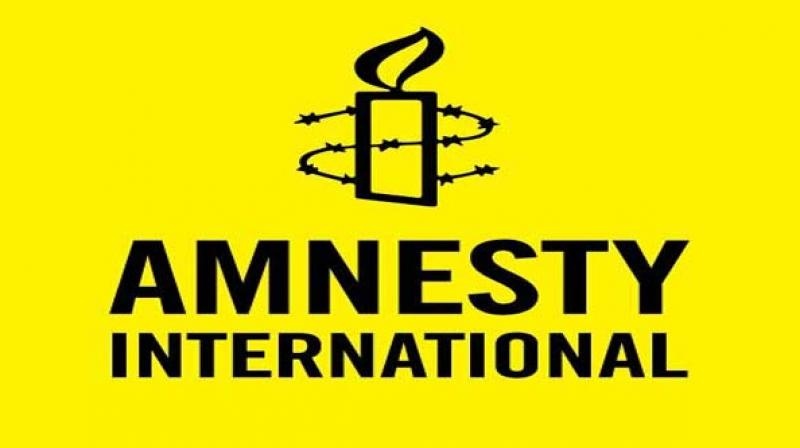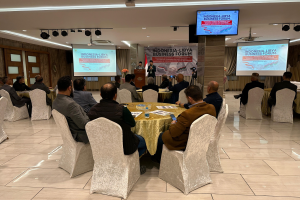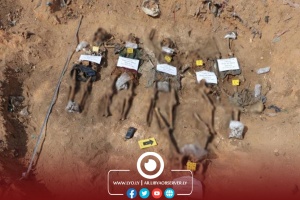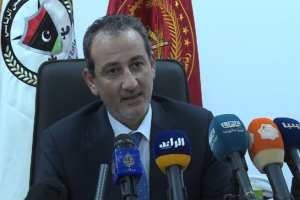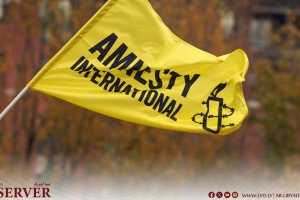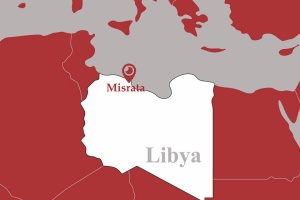Amnesty International has issued a report criticizing the slow implementation of the agreement between Misrata and Tawegha that says Tawergha internally displaced persons (IDPS) can return to their city.
Amnesty International said Tuesday the Tawergha community of about 40,000 are still unable to return safely to their homes despite the June-signed political agreement that was supposed to pave the way for their return.
"The terms of the deal had not been implemented and some of those who have attempted to make the journey home since have faced threats and intimidation." Amnesty International said, adding that the agreement also failed to ensure access to justice and reparations for the horrendous abuses Tawargha people have endured in recent years.
North Africa Research Director at Amnesty International, Heba Morayef said; "The failure to hold anyone accountable for the catalogue of abuses the Tawargha have suffered since they were displaced demonstrates the catastrophic consequences of years of lawlessness in Libya, where militias have committed gross human rights abuses with complete impunity."
She added that the agreement between Tawergah and Misrata is more of an empty gesture with the current obvious lack of political will to enforce the agreement to ensure the Tawargha people's safe return home.
"The agreement, signed on 19 June 2017 between leaders from Tawargha and Misrata, the Government of National Accord and other officials, fails to ensure accountability for the crimes under international law and other grave human rights abuses committed against the Tawargha people, thereby reinforcing a climate of impunity. Yet many in the Tawargha community welcomed the agreement because it appeared to at least guarantee the conditions for a safe return." Amnesty International explained.
The report also sheds light on the fact that the first Tawargha families who attempted to return three days after the agreement was signed in June were threatened and intimidated at a checkpoint by individuals from Misrata and forced to turn around and go back to Tripoli.
"On 29 June, during Eid, a smaller group of families made another attempt to return. One member of the Tawargha community, traveling with his 87-year-old mother, described the heartache and disappointment he felt upon his return to the town and their inability to stay there as saying: “It was a very emotional moment I won’t lie to you, I had tears in my eyes, but the level of destruction of our home town is devastating,” adding that he and his mother spent just a few hours there before having to head back." Amnesty International's report further explained.
Amnesty International's Heba Morayef made clear that all Libyan political factions must ensure Tawargha population are protected from all forms of intimidation, threats and attacks and must order what she described as "all affiliated-militias" to allow the community to return safely to their hometown.
“It is essential that the Government of National Accord and officials in Misrata, including the Misrata Local Council, take the lead on enabling and securing the safe return of the Tawargha IDPs, including monitoring the return and settlement process, rehabilitation of homes, schools, and infrastructure of the town." Morayef added.
Amnesty International also urged officials in Misrata, members of the Misrata Municipal Council and Libya’s UN-proposed Presidential Council as well as the Ministry of Justice to uphold the right of Tawargha victims to seek truth, justice and reparation for the human rights violations they have endured and continue to suffer, according to the report.

